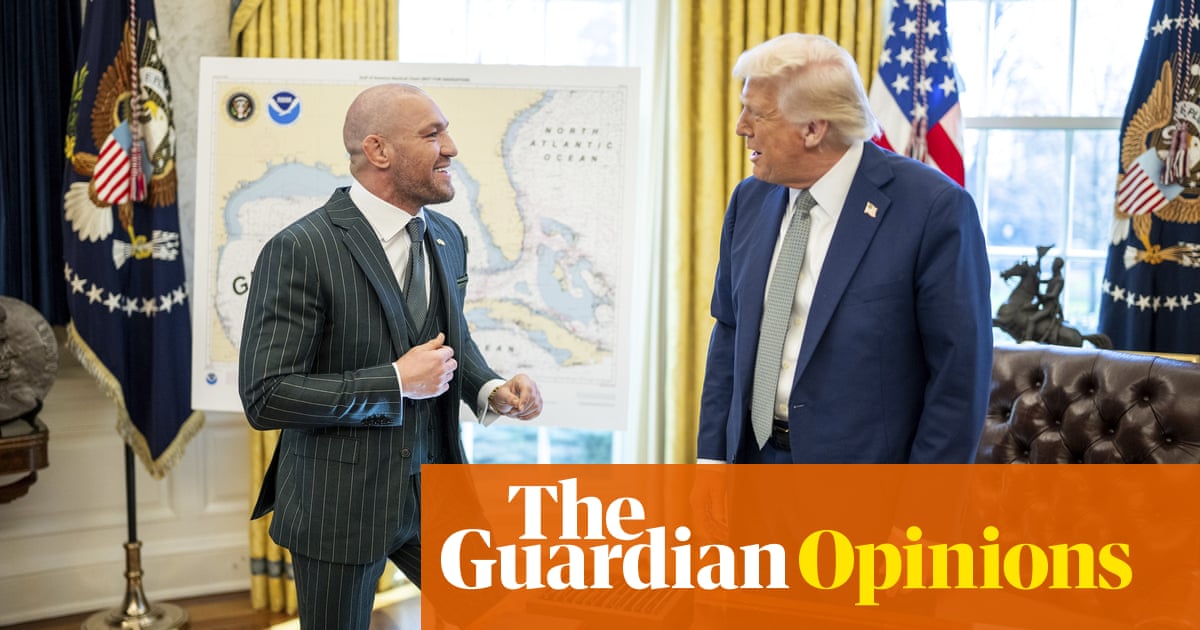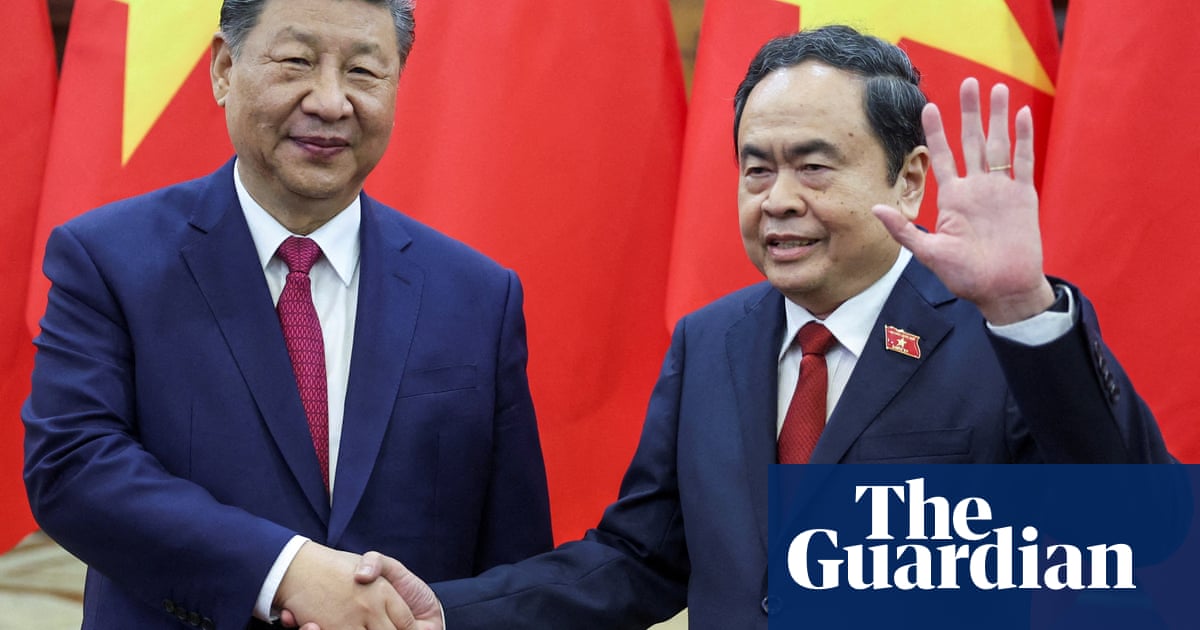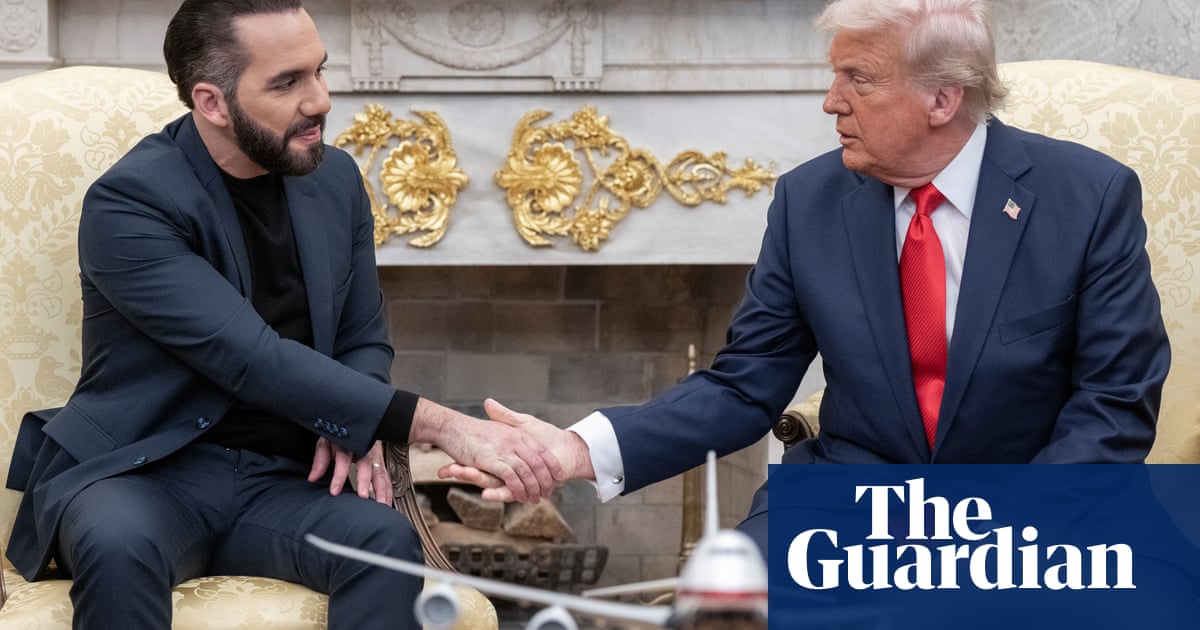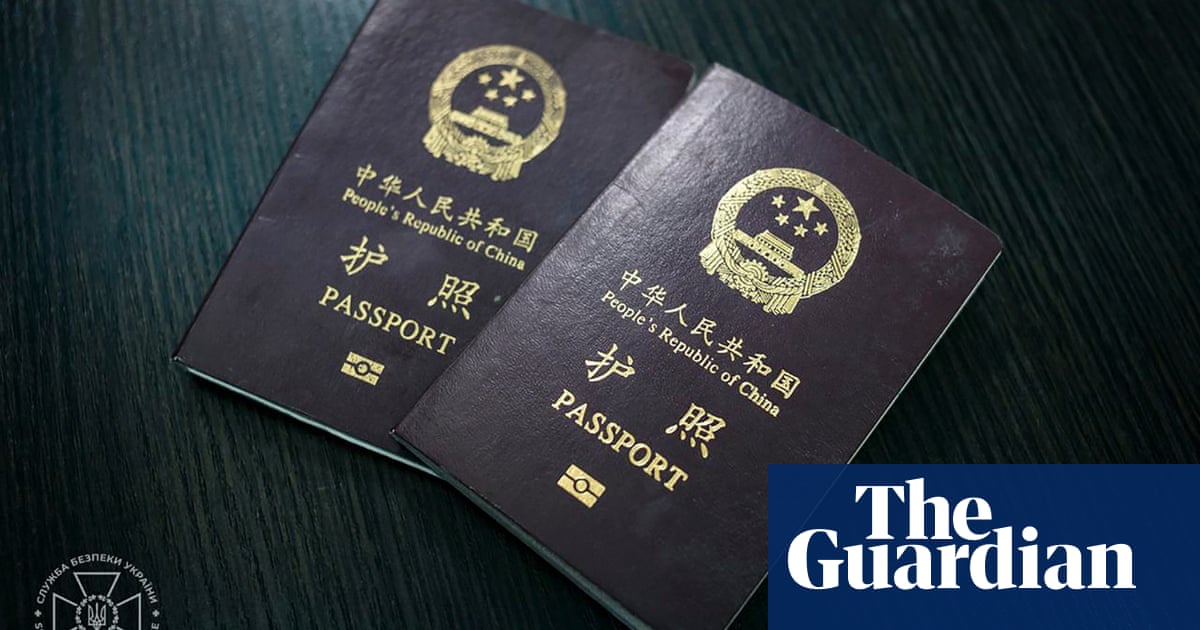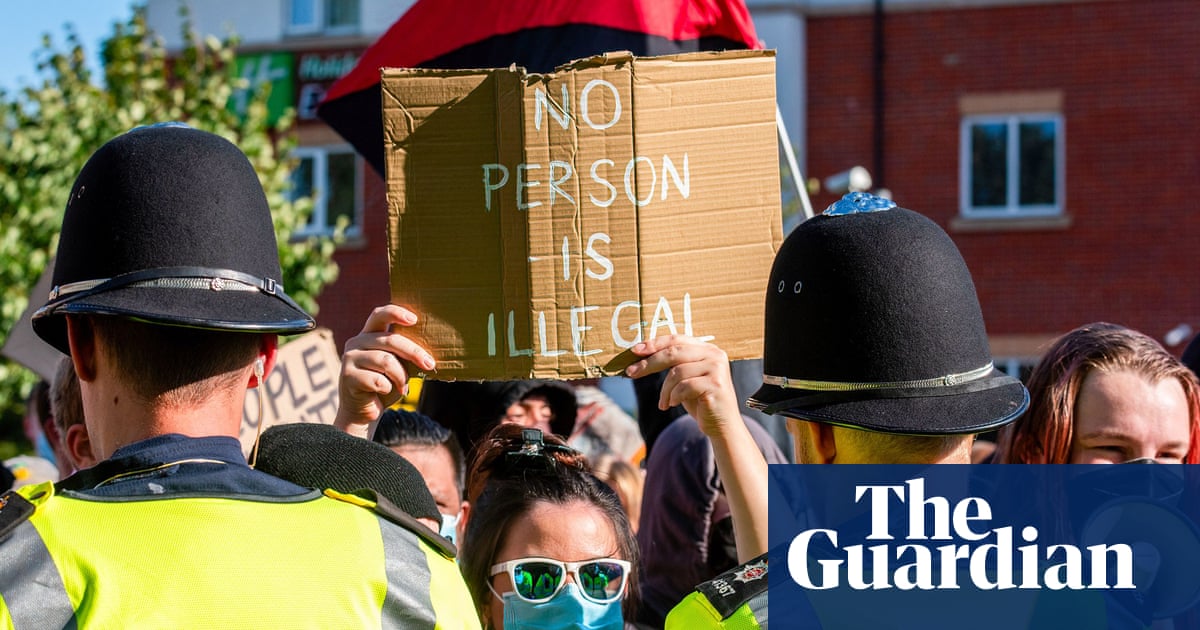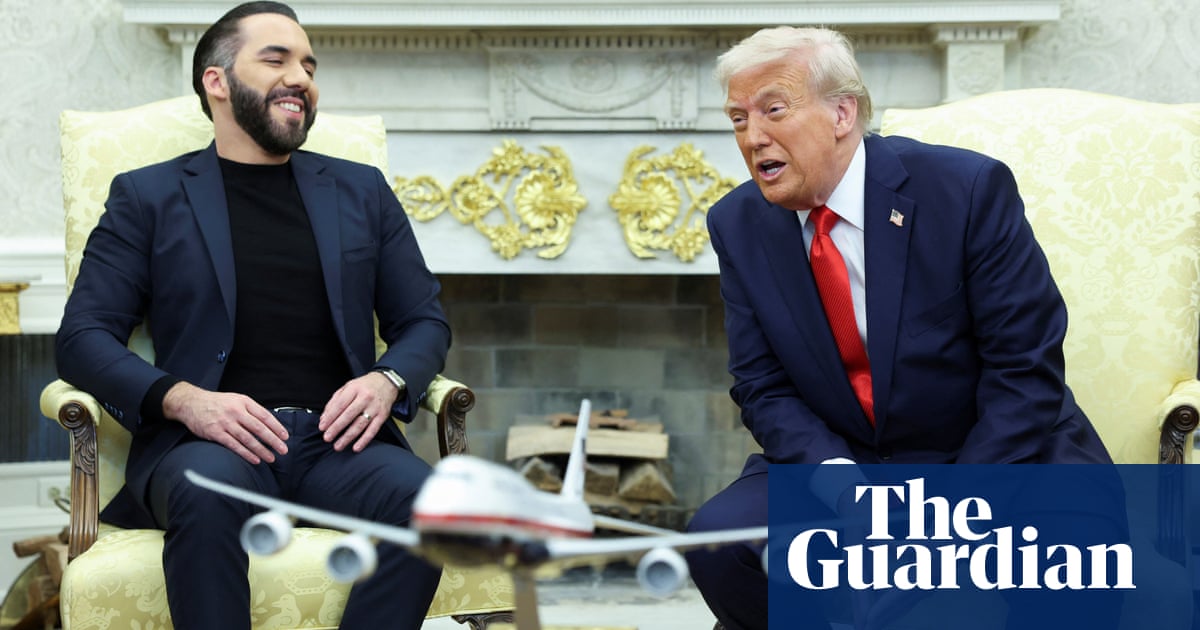The government could target parts of China’s security apparatus under new foreign influence rules, the Guardian has learnt.
Ministers are considering including parts of the Chinese state accused of interference activities on the enhanced tier of the foreign influence registration scheme (Firs).
China as a whole is not expected to be included on the enhanced tier, according to several people briefed on the discussions, but government sources stressed that no final decision about its status had been taken.
Firs, which will launch on 1 July, will require anyone in the UK acting for a foreign power or entity to declare their activities to the government. The scheme will operate on two tiers. The enhanced tier will cover countries and entities deemed a particular risk, which will require extra disclosures.
Ministers have announced that Iran and Russia will be on the enhanced tier, meaning anyone directed by those two countries to carry out activities in the UK will have to declare it or face five years in prison.
The government has yet to say anything about China’s place in Firs, a matter which is subject to internal debate by ministers and officials weighing up security concerns against the economic benefits of closer ties with Beijing.
Financial services companies have privately argued against including China on the enhanced tier on the basis that they would have to fill out burdensome paperwork to justify business meetings.
In a effort to strengthen security without compromising economic ties, ministers are considering including specific parts of the Chinese political system that have been accused of interference in the west on the enhanced tier.
Entities under consideration include Beijing’s Ministry of State Security, which is its intelligence service, the United Front Work Department, often referred to as the international arm of the Chinese Communist party (CCP), and the People’s Liberation Army, China’s military. The government could also target the CCP as a whole.
A Home Office spokesperson said: “We do not comment on security matters.”
MI5’s director general, Ken McCallum, said in a 2022 speech that “the Chinese intelligence services, or bodies within the CCP itself – such as its United Front Work Department (UFWD) – are mounting patient, well-funded, deceptive campaigns to buy and exert influence” in the UK.
McCallum said the UFWD aimed “to amplify pro-CCP voices, and silence those that question the CCP’s legitimacy or authority”. He said its activities had “very real consequences in communities here in the UK” and that “it needs to be challenged”.
after newsletter promotion
Conservative MPs have called for China to be included in the enhanced tier. The shadow security minister, Tom Tugendhat, told the Commons last year that “the advice from MI5 was very, very clear. If China isn’t in the enhanced tier it’s not worth having”.
There are long-running tensions over the issue between the Home Office and the Treasury, which is relaying concerns about the potential burden on businesses.
Labour has pursued a rapprochement with Beijing since taking office. The foreign secretary, David Lammy, and the chancellor, Rachel Reeves, have made trips to China in an effort to maintain positive economic relations despite security concerns.
Douglas Alexander, a trade minister, became the latest government figure to visit China last week for talks amid the intensifying trade dispute between Beijing and Washington. China is the UK’s fifth-largest trading partner.
The government is also carrying out a cross-Whitehall audit of the UK-China relationship, which was a Labour manifesto pledge.

.png) 1 day ago
8
1 day ago
8


